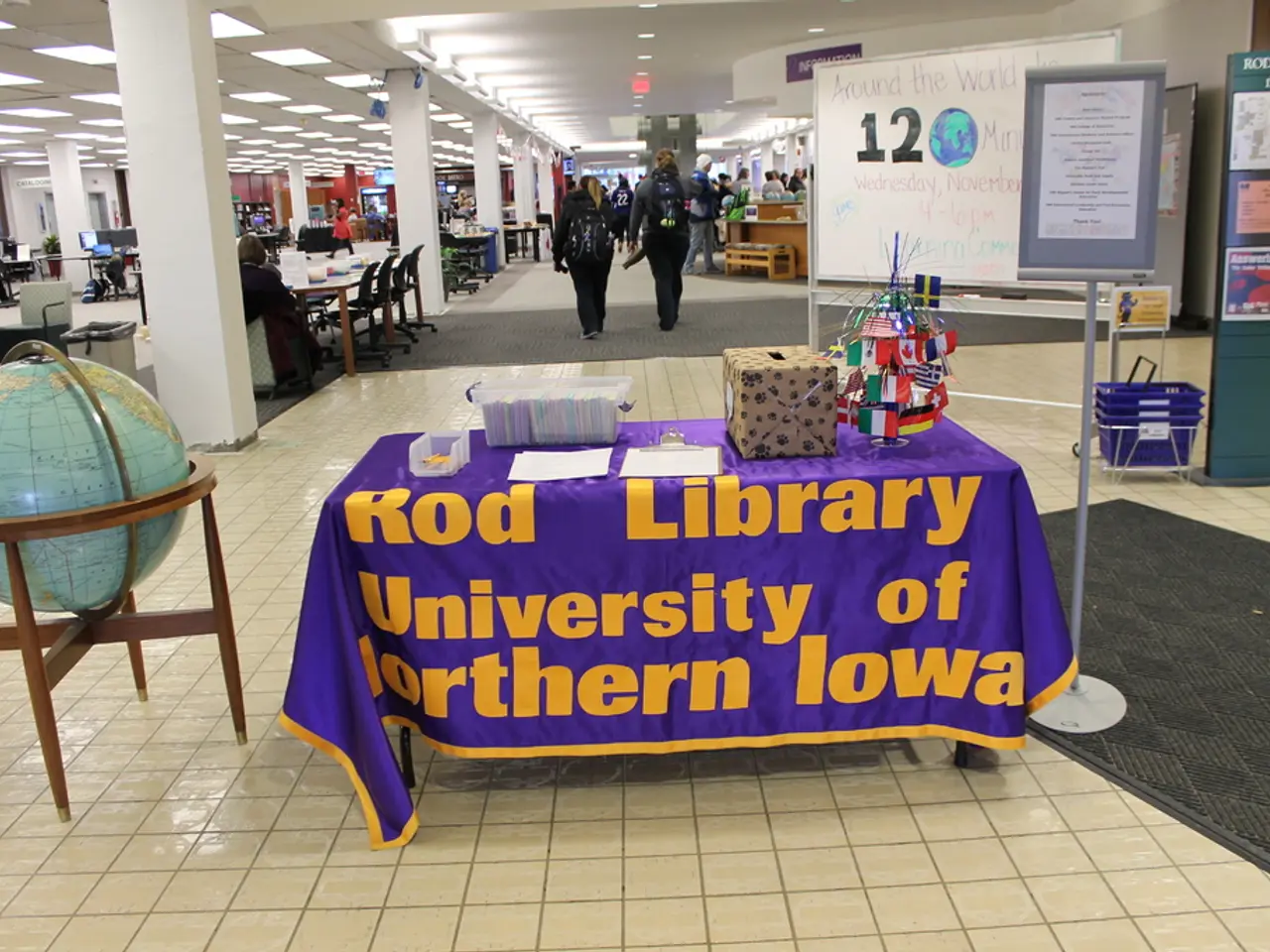University district in Munich implements ban on both alcohol sales and chip distribution, sparking controversy
In the vibrant university district of Munich, discussions about time-limited sales bans for "Spätis" (convenience stores) are heating up. The city council has been addressing concerns from residents about noise, litter, and disturbances related to alcohol consumption.
Recently, five specific kiosks have been requested to stop selling snacks after 8 pm, and another regulation prohibits the sale of chip packets and alcohol for takeaway from kiosks and "Spätis" after a certain time. This decision comes as a result of complaints from residents about nighttime disturbances.
The city council faction The Left/The Party submitted a request to revoke the sales bans on chips and beer in the university district, while the CSU/Free Voters faction asked for an alcohol sales ban for "Spätis" and kiosks after 10 PM. These requests are part of an ongoing effort to address the issues in the university district.
City councilor Marie Burneleit (The Party) proposed developing joint solutions with the Night Moderation Office (MoNa) and the All-Party Conflict Management (AKIM) to address the concerns of both residents and local businesses.
However, these regulations have been causing significant losses in turnover for the operators, especially since their biggest sales are after 10 pm. The situation is further complicated by the fact that only those who operate a catering establishment in parallel may sell bottles of beer, non-alcoholic beverages, tobacco, and sweets after hours, but the selection is limited and chips do not belong to the privileged assortment.
This leads to bizarre scenes such as kiosk operators covering their chips with a roller blind at 8 pm and no longer serving beer to night owls after 10 pm.
The KVR reported initial successes of the alcohol sales ban, showing less noise, litter, and alcohol-related disturbances. Despite the controversy, no additional requirements were made that go beyond the regulations in the law.
It is important to note that in Bavaria, there are no classic "Spätis" like in other federal states. The Retail Closing Law, which applies in Bavaria, is the basis for these regulations. After 10 pm, there is also a ban on handing out bottles of beer.
Some residents have criticized these restrictions as "clientelism for a few long-standing Munich residents," but the city council is working to find a balance between the needs of residents and the economic impact on local businesses.
For those seeking more information on this topic, consulting local Munich municipal regulations or Bavarian state laws on retail sales and alcohol licenses would be the relevant authorities to consult. Additionally, local news sources or business associations in Munich may have reports on recent regulatory changes affecting "Späti" sales bans and their economic impact.
Read also:
- Weekly happenings in the German Federal Parliament (Bundestag)
- Southwest region's most popular posts, accompanied by an inquiry:
- Discussion between Putin and Trump in Alaska could potentially overshadow Ukraine's concerns
- Tinubu's administration allegedly causing issues within every political party as Peter Obi's name surfaces - Obidient Movement asserts








